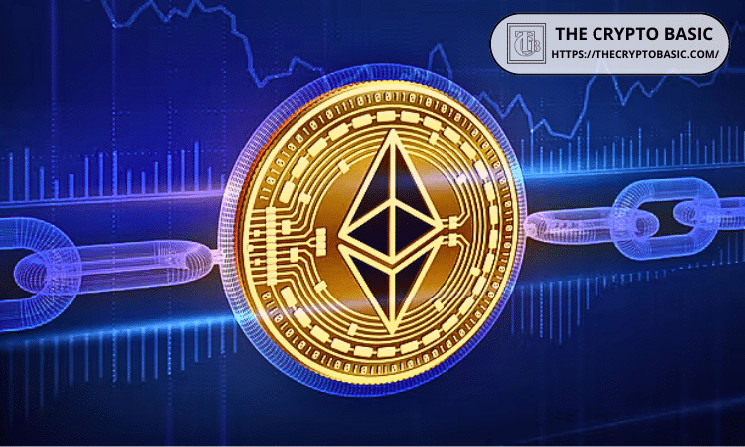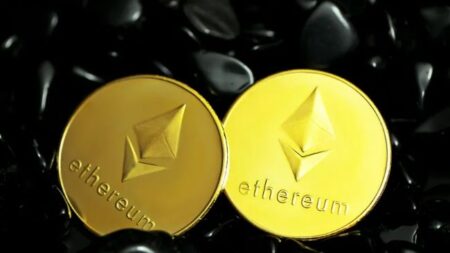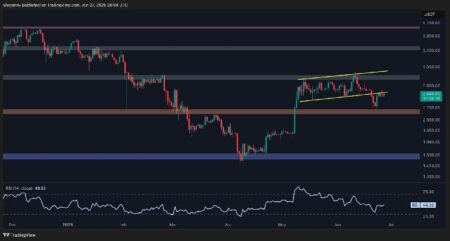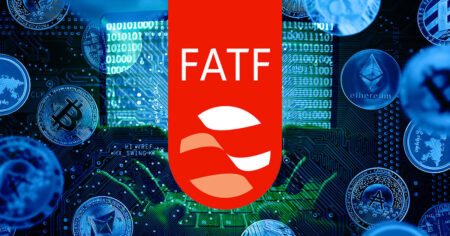According to Santiment, Ethereum could attract an increase in network usage, as average transaction fees drop to lower levels.
Notably, Ethereum’s network fees recently reached an unusually low average of $1.63, according to an analysis by Santiment, a market intelligence platform. This shift marks a pivotal point for the blockchain as it nears its 10th anniversary.
Historically, low transaction fees have encouraged traders to increase transfer frequency, often leading to greater activity on the blockchain.
Shifting Transaction Fee Levels
The analysis’ visual highlights four key fee tiers, each carrying distinct implications for market behavior. Notably, the first tier describes when average fees surpass $10, which typically trigger a decline in user activity tends to decline, as seen during market tops when demand peaks.
Santiment
Secondly, fees between $6 and $10 are associated with periods of heightened demand, often linked to FOMO-driven bull runs. During these times, increased user interaction contributes to elevated transaction costs. Furthermore, average fees ranging from $2 to $6 are more typical of flat or sideways markets, suggesting balanced network usage without excessive cost pressure.
Notably, fees below $2, the current average, encourage increased activity and utility, a trend commonly seen during market bottoms. The drop to this level indicates less congestion and greater affordability.
Impact of the Dencun Upgrade
A significant driver behind the recent fee reduction in the ecosystem is the implementation of Ethereum’s Dencun upgrade, which rolled out on March 13. This upgrade introduced a new mechanism for reducing transaction costs on Layer-2 (L2) networks.
The update allowed L2 networks to utilize a new data storage method known as Binary Large Objects (blobs), resulting in a notable decline in transaction costs. For instance, the average transaction fee on Optimism, a popular L2 network, dropped from $2.44 to $0.068 shortly after the upgrade’s launch.
Similarly, fees on Coinbase’s Layer-2 Base decreased from $1.212 to $0.196 within the same period.
Shiba Inu’s Use as Gas Fees?
Meanwhile, discussions had earlier emerged within the Shiba Inu community regarding the feasibility of using SHIB as gas fees on the Ethereum network. However, Lucie, the marketing lead for the Shiba Inu ecosystem, recently clarified the technical challenges of such an integration.
Ethereum’s architecture relies solely on ETH for transaction fees to incentivize validators and maintain network operations. Integrating an alternative token like SHIB would require significant infrastructure changes, potentially compromising the network’s security and efficiency.
Read the full article here









